October 10, 2025 — Business & Technology Desk
Apple Inc. is once again in the spotlight as it navigates one of the most competitive landscapes in its history, positioning itself not only as a market leader in consumer technology but also as a formidable challenger to Meta and Google. With rising investor confidence, robust product demand, and bold moves in artificial intelligence and wearables, Apple appears determined to redefine its role in the future of digital ecosystems.
A Strong Recovery and Renewed Market Momentum
After a period of mixed investor sentiment earlier this year, Apple’s stock has shown a powerful resurgence. Shares have climbed steadily over recent weeks, crossing key technical resistance levels and reinforcing bullish confidence among analysts. This renewed momentum reflects investors’ growing belief that Apple’s diversified product and service portfolio will continue to drive growth, even amid economic headwinds and intensified industry competition.
Market analysts note that Apple’s stock has regained traction following a period of consolidation, forming what many chart watchers describe as a classic “cup with handle” pattern — a technical formation often signaling the potential for a strong upward breakout. The company’s trading volume also points to increasing institutional accumulation, suggesting large investors are once again betting on Apple’s long-term vision.
Behind this market optimism lies a broader story: Apple’s continued success in cultivating consumer loyalty while expanding into areas traditionally dominated by its biggest rivals, Meta and Google.
The Power of the Ecosystem
Apple’s core strength remains its ecosystem — an interconnected network of devices, services, and digital experiences that encourages users to remain within its technological orbit. The seamless integration between iPhones, iPads, Macs, Apple Watches, and AirPods continues to be unmatched, forming a foundation that Meta and Google have struggled to replicate.
Yet, Apple’s ambitions have grown beyond hardware. Its Services division — which includes Apple Music, iCloud, Apple TV+, Fitness+, and its lucrative App Store — now represents a significant share of the company’s revenue and profit margins. With recurring subscription income, Apple has successfully shifted part of its business away from hardware cycles and toward consistent, predictable earnings.
But the company’s latest strategic pivot lies in artificial intelligence and wearable technology, where it’s preparing to challenge two of Silicon Valley’s biggest forces: Meta and Google.
Challenging Meta in the Metaverse and Beyond
Meta has poured billions into virtual and augmented reality, betting its future on immersive experiences through its Quest headsets and Horizon platforms. Apple, in contrast, has taken a more measured — but arguably more practical — approach. Instead of focusing on digital worlds, Apple has prioritized augmented reality (AR) experiences that enhance the real one.
Its recently launched Vision Pro headset serves as a premium entry point into mixed reality, but the company’s true focus appears to be on developing lightweight, AI-enhanced smart glasses that blend everyday functionality with wearable computing. Reports from within the tech community suggest that Apple aims to introduce consumer-friendly smart eyewear within the next two years, potentially reshaping how users interact with information, navigation, and media.
This direction puts Apple in direct competition with Meta’s Ray-Ban smart glasses, which emphasize social and media integration. Apple’s edge, however, lies in its ecosystem and reputation for privacy — two elements that continue to resonate with consumers increasingly wary of data misuse.
Going Head-to-Head With Google on AI and Search Integration
If Meta represents Apple’s challenge in the wearable frontier, Google is the rival in artificial intelligence and search. While Google has dominated the search landscape for decades, Apple has been gradually reducing its reliance on Google’s search partnership in Safari. The company is reportedly developing its own Apple Search technology, driven by advanced AI and machine learning algorithms embedded deeply into the iOS experience.
Apple’s approach to AI is distinct. Unlike Google, which emphasizes cloud-based AI, Apple focuses on on-device processing, prioritizing user privacy and security. Its upcoming AI integration — often referred to by insiders as “Apple Intelligence” — is designed to analyze data locally, enhancing features like Siri, Messages, Photos, and Notes without compromising personal information.
This approach aligns with Apple’s broader philosophy: innovation built around privacy. It also sets the stage for a more personalized, context-aware user experience — a field that Google has traditionally dominated. If successful, Apple’s strategy could weaken Google’s grip on mobile search revenue, especially within the iPhone’s billion-strong global user base.
Technical Indicators Signal Confidence
From a market standpoint, Apple’s resurgence has been supported by encouraging fundamentals. Analysts have cited rising demand for the iPhone 16 lineup, improved production efficiency, and growing sales in emerging markets as key drivers of recent stock performance.
Institutional investors have also taken note. Apple’s relative strength line, a measure of how the stock performs compared to the overall market, has been climbing steadily. This suggests Apple is outperforming many other large-cap tech peers — including both Meta and Google — in the short term.
The stock’s current positioning above its 10-week and 40-week moving averages also points to positive momentum. Some analysts project that, if Apple sustains its pace of innovation and market expansion, it could retest its previous all-time highs before the end of the year.
Apple’s Strategic Edge: Integration and Trust
What sets Apple apart in its battle with Meta and Google is its ability to control the full stack — hardware, software, and services — while maintaining a strong brand rooted in trust. Consumers are willing to share more data and adopt new features from Apple because of its transparent privacy policies and consistent product reliability.
That trust becomes a powerful differentiator as artificial intelligence expands into daily life. While Meta faces skepticism about data privacy and Google grapples with antitrust scrutiny, Apple’s carefully curated image allows it to enter new markets with far less consumer resistance.
Moreover, Apple’s unified ecosystem means every new feature — whether AI-based or hardware-driven — strengthens the overall value of its network. Each iPhone sold reinforces Apple’s user base for Apple TV+, Apple Music, and the App Store, creating a cycle of retention few competitors can match.
Headwinds and Challenges
Despite its strengths, Apple is not without challenges. The global economy remains uncertain, and competition in both the smartphone and AI markets is fierce. Regulatory pressure in the European Union and the United States continues to mount, particularly around App Store fees and anticompetitive practices.
Meanwhile, Meta and Google are far from standing still. Meta’s aggressive AI integrations in Instagram and WhatsApp, coupled with its continued investment in immersive hardware, could pose real competition in the near future. Google, too, remains a dominant force in cloud-based AI, with massive data resources and unmatched computational infrastructure.
Apple must therefore balance innovation with caution — ensuring that its new products deliver tangible value while preserving the integrity and privacy that define its brand.
The Road Ahead
Looking forward, Apple’s trajectory will depend on how successfully it transitions from being primarily a hardware company to one that leads in artificial intelligence and ambient computing. Its focus on wearable devices and privacy-first AI could give it a unique edge, positioning it as both a luxury technology brand and a trusted platform for next-generation digital experiences.
As Apple sharpens its focus on AI, AR, and wearables, the tech rivalry of the next decade is beginning to take shape — and it’s no longer just about smartphones. Instead, it’s about who can seamlessly merge the digital and physical worlds while keeping users safe, engaged, and connected.
Apple’s message to the market is clear: it’s not just defending its position — it’s preparing to lead the next era of technological evolution.



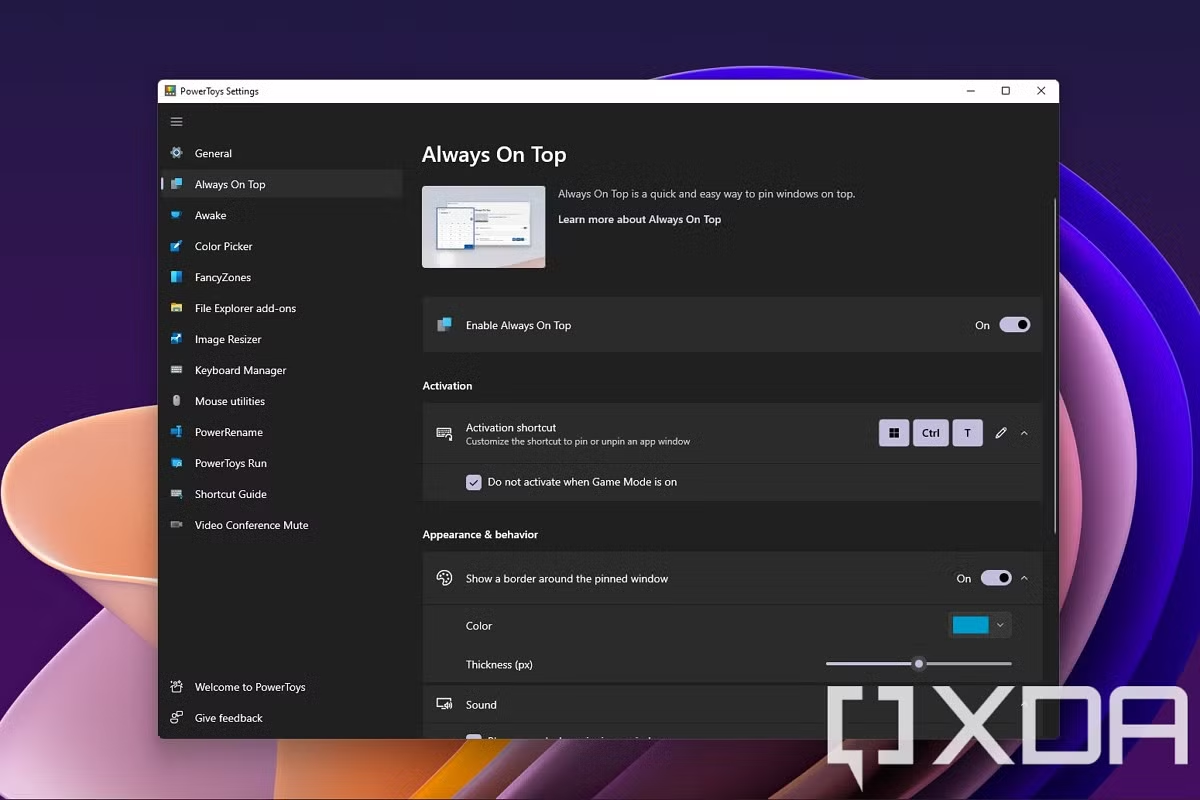
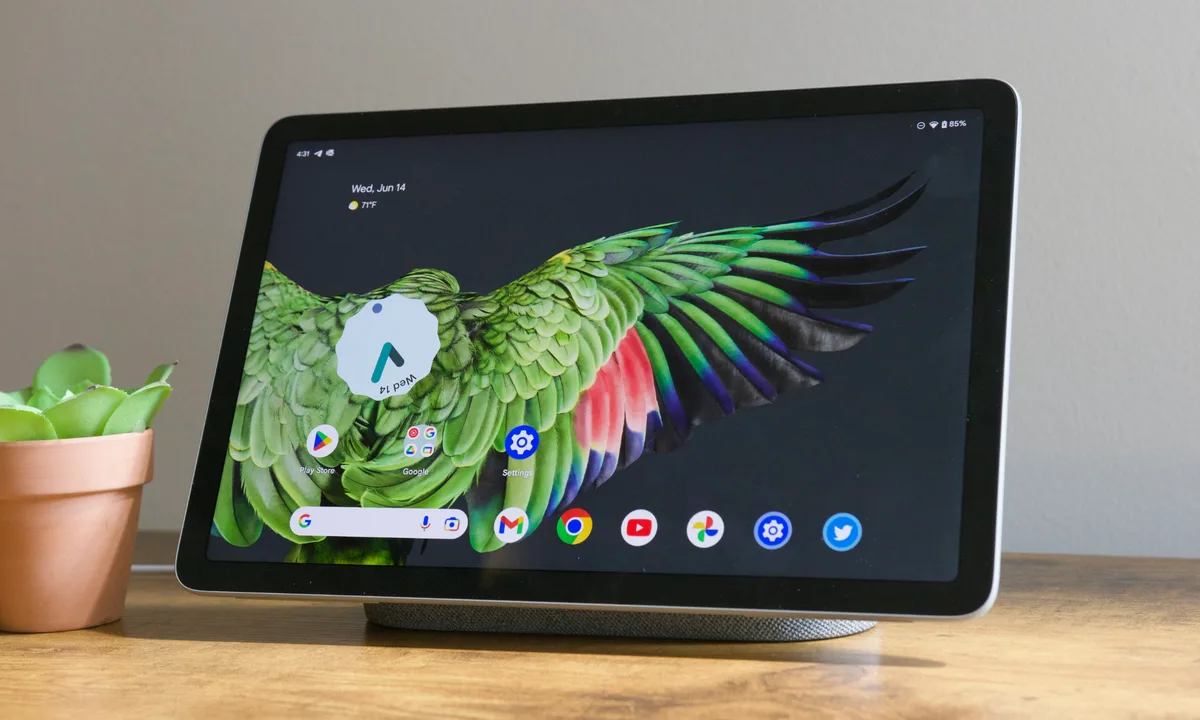




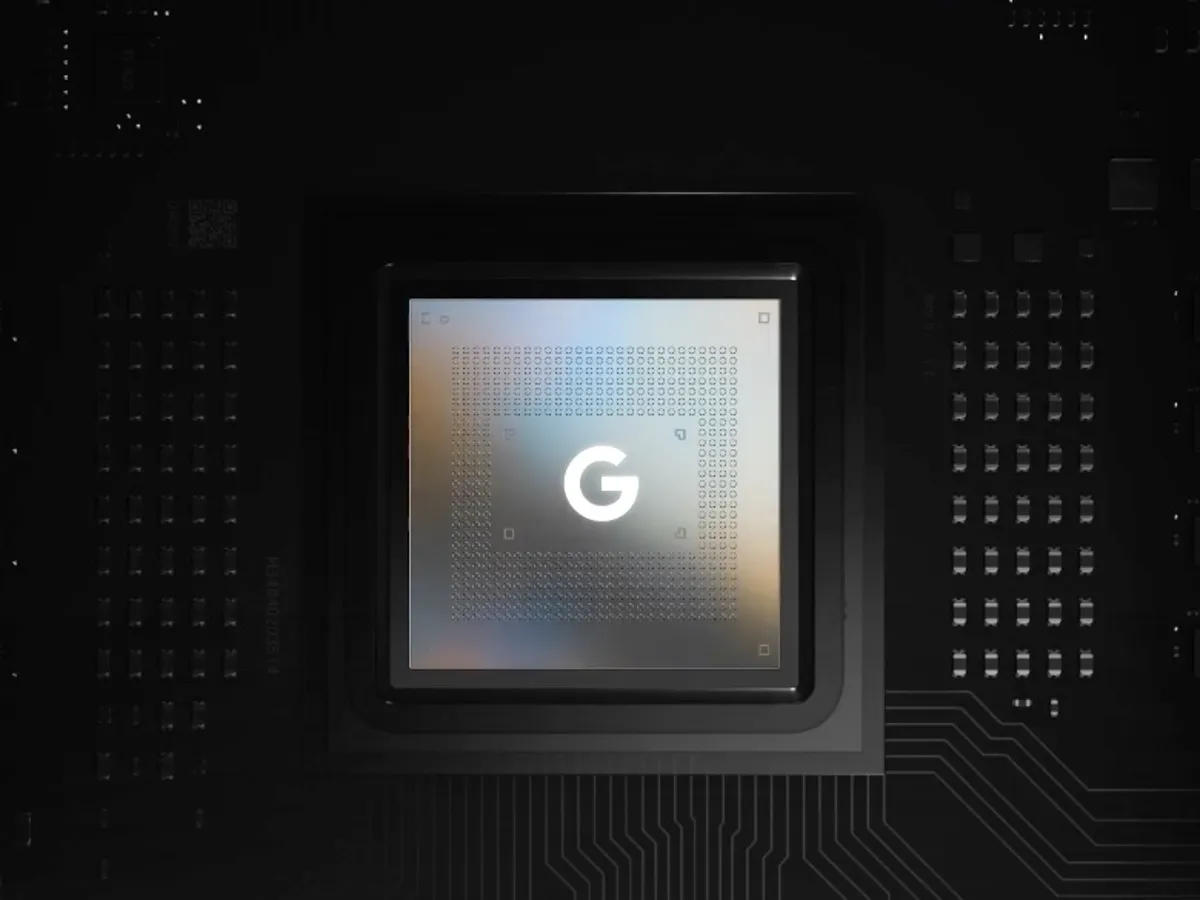
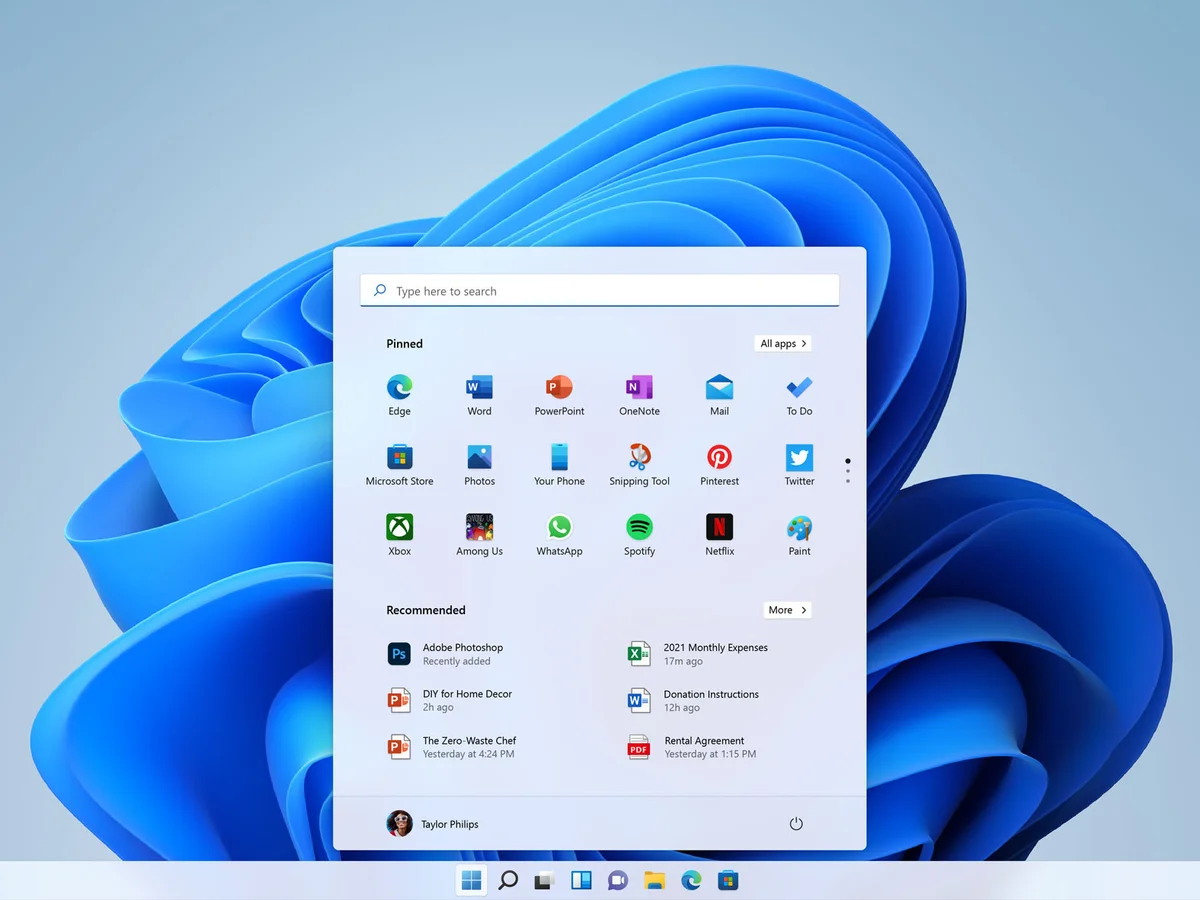
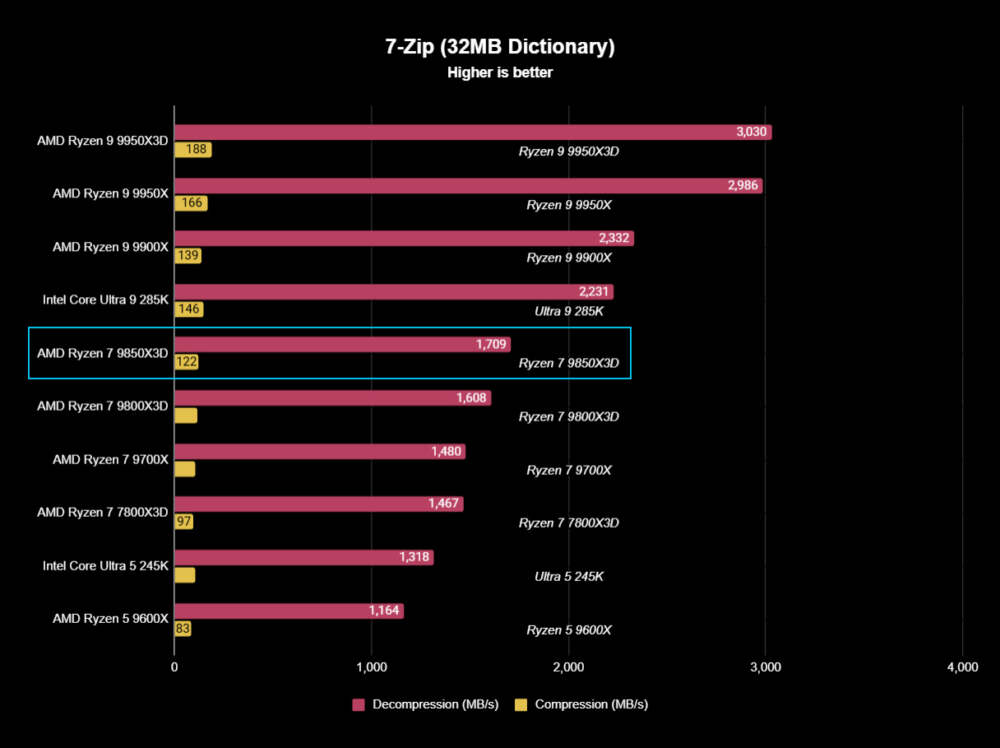




Leave a Reply